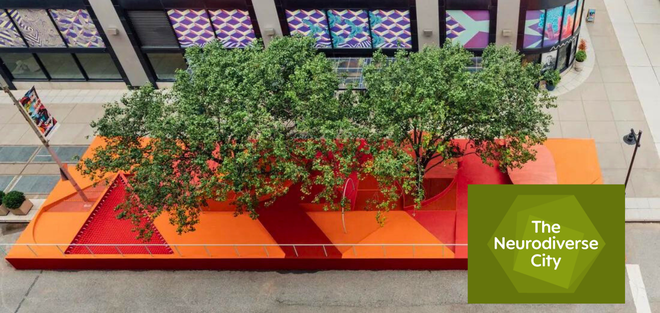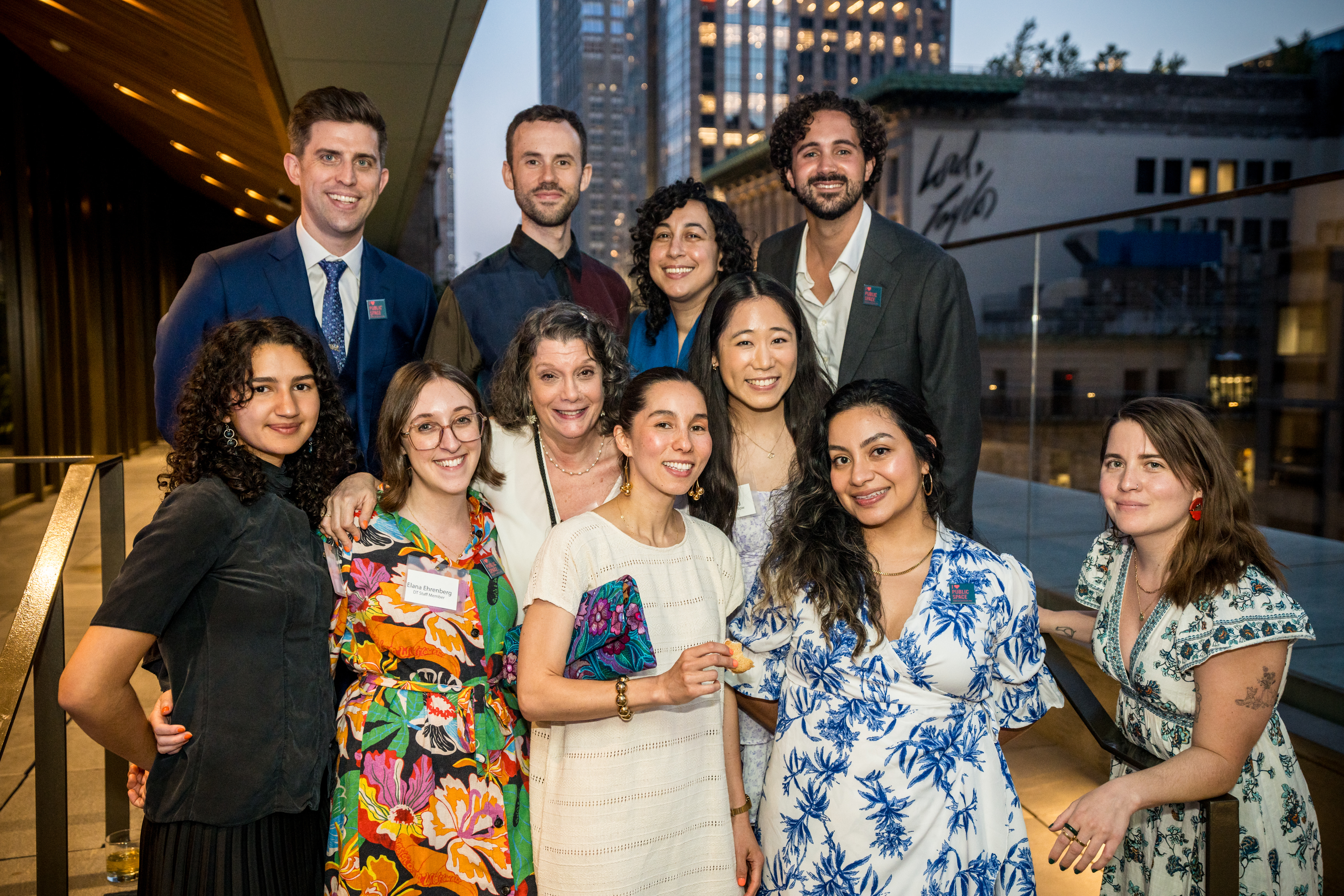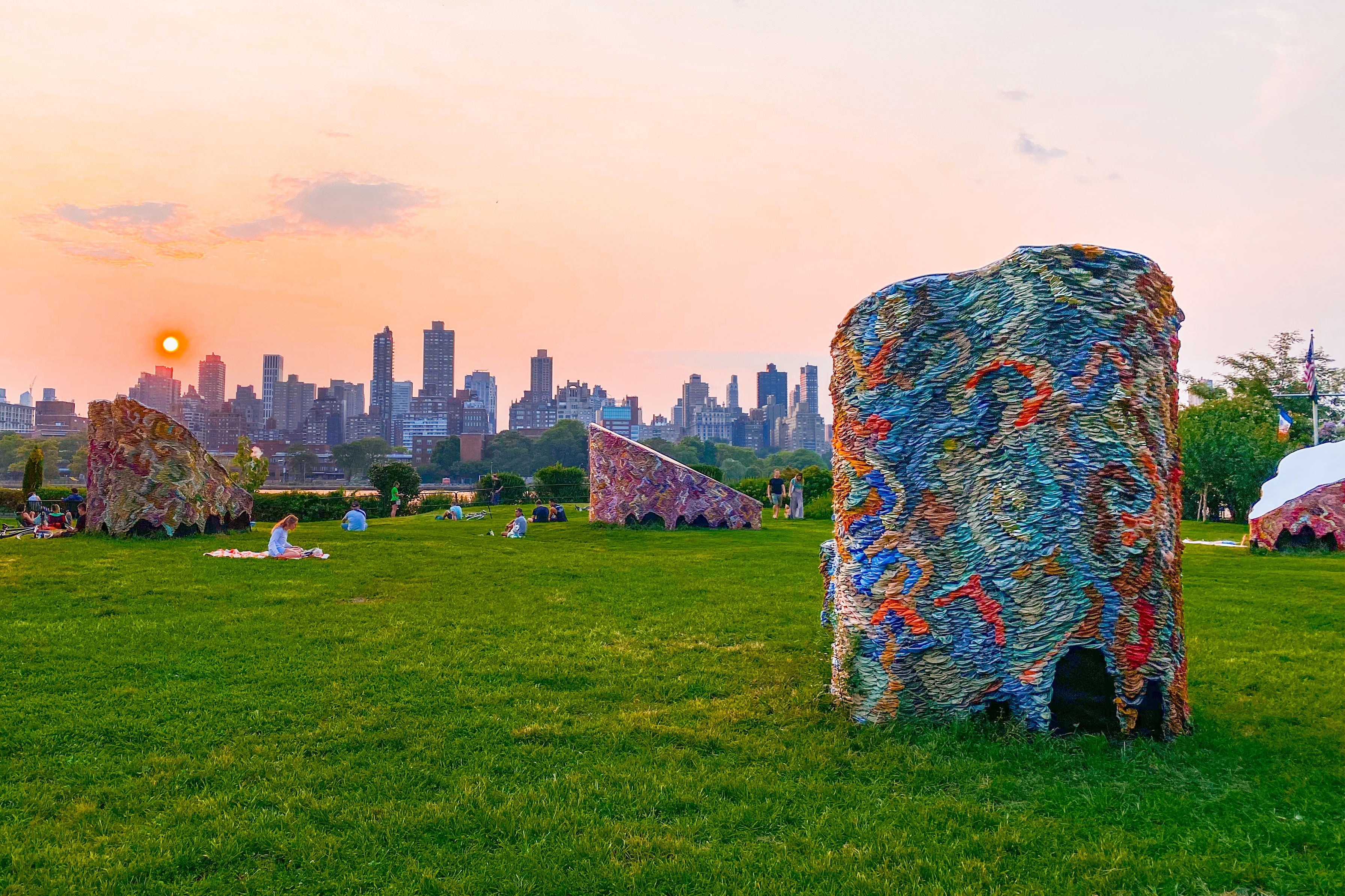PiTech Public Space Accessibility Project
The Neurodiverse City (with Design Trust for Public Space)

How can we make public spaces more accessible and inclusive?
There are over 2,000 public parks, nearly 600 privately owned public spaces, and countless other public areas in New York City alone. Despite being open to the public, these spaces are only truly accessible if they can be meaningfully used by all. Neurodivergence refers to a variety of learning, cognitive, and psychosocial disabilities, including but not limited to ADHD, Autism, anxiety, depression, and PTSD. Neurodivergent (ND) people are often excluded from public space access because our built environments do not consider the cognitive, sensory, and social variation inherent in our neurodiverse world.
In 2023, the Design Trust for Public Space launched the Neurodiverse City project. Through this project, we seek to (1) learn from the experience and knowledge of neurodivergent community members, (2) collaborate with architects and design professionals to create potential improvements to two specific sites in New York City, 200 Water Street and PS112, and (3) develop a scalable solution to empower ND people in navigating public spaces in the city and beyond. As a Siegel Family Endowment PiTech PhD Impact Fellow this summer, my goal was to propose a digital tool to collect feedback and aid in evaluating public space accessibility with and for the ND community.
We do not necessarily aim to rigorously determine exactly what makes all spaces more accessible to all neurodivergent people, given the diversity of public spaces and the variety of people's personal preferences. Instead, we aim to design and develop crowdsourced solutions to provide ND people access to more information about what a space may be like, allowing for them to make more informed decisions about how and where they wish to engage in public spaces.
I am incredibly grateful to have had the opportunity to work with the Design Trust for Public Space through the PiTech Fellowship!
Photos


Links
Interview in Design Trust for Public Space [Website]
PiTech Impact Fellowship Report [Website]